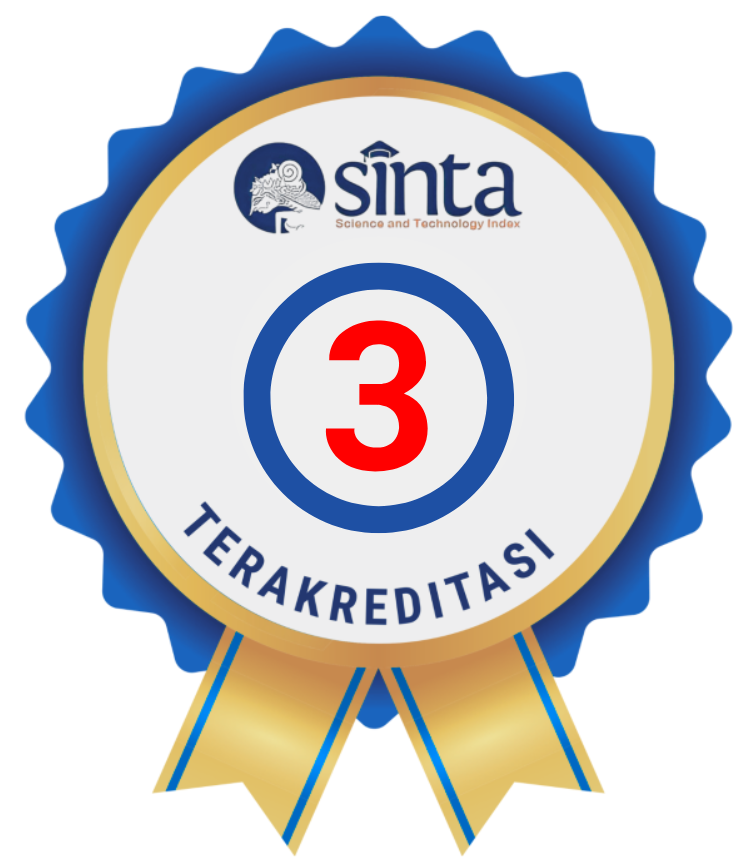ACCREDITATION
Publication Ethic
Jurnal Ilmu Manajemen Profitability (ISSN 2614-3976 Online | ISSN 2714-6332 Print) is a peer-reviewed journal published twice a year by the Department of Management Studies, Faculty of Economics and Business, Universitas Muhammadiyah Makassar, in collaboration with Muhammadiyah’s Institute for Research and Community Empowerment (LP3M).
This statement outlines the ethical standards and responsibilities of all parties involved in the publication process: authors, editors, reviewers, and the publisher. The journal follows guidelines established by the Committee on Publication Ethics (COPE) to ensure integrity in scholarly publishing.
Ethical Guidelines for Journal Publication
Publishing in Jurnal Ilmu Manajemen Profitability represents an important contribution to the development of a reliable body of knowledge in management science. All stakeholders are expected to adhere to ethical standards to maintain trust, transparency, and credibility in scholarly communication.
Duties of Editors
-
Publication Decisions: Editors are responsible for deciding which manuscripts will be published, guided by the journal’s editorial policies and legal requirements regarding libel, copyright, and plagiarism.
-
Fair Play: Editors evaluate manuscripts solely on academic merit, without discrimination based on race, gender, sexual orientation, religious belief, ethnicity, or political philosophy.
-
Confidentiality: Editors and editorial staff must not disclose information about submitted manuscripts to anyone other than the corresponding author, reviewers, potential reviewers, and the publisher.
-
Disclosure and Conflicts of Interest: Editors must not use unpublished material disclosed in submitted manuscripts for their own research without the author’s consent.
Duties of Reviewers
-
Contribution to Editorial Decisions: Peer review assists editors in making decisions and helps authors improve their manuscripts.
-
Promptness: Reviewers who feel unqualified or unable to provide a timely review should notify the editor and withdraw from the process.
-
Confidentiality: Manuscripts received for review must be treated as confidential documents.
-
Objectivity: Reviews must be conducted objectively, with clear arguments and without personal criticism of the author.
-
Acknowledgment of Sources: Reviewers should identify uncited relevant works and inform the editor of any substantial similarity with other published works.
-
Conflicts of Interest: Reviewers must decline manuscripts where conflicts of interest exist due to competitive, collaborative, or other relationships.
Duties of Authors
-
Reporting Standards: Authors must present accurate and objective accounts of their research and provide sufficient details for replication.
-
Originality and Plagiarism: Authors must ensure their submissions are original and properly cite or quote the work of others.
-
Multiple or Redundant Publication: Authors must not submit the same manuscript to more than one journal simultaneously.
-
Acknowledgment of Sources: Proper acknowledgment of all sources is required.
-
Authorship of the Paper: Authorship should be limited to those who made significant contributions. All co-authors must approve the final manuscript.
-
Disclosure and Conflicts of Interest: Authors must disclose any financial or personal conflicts of interest that could affect the interpretation of results.
-
Fundamental Errors: Authors must promptly inform the editor if significant errors are discovered in their published work, so corrections or retractions can be made.
Duties of the Publisher
The publisher ensures that the journal’s operations support the highest ethical standards. Commercial interests such as advertising or reprints will not influence editorial decisions. The publisher also safeguards the integrity of the academic record in collaboration with editors, authors, and reviewers.











